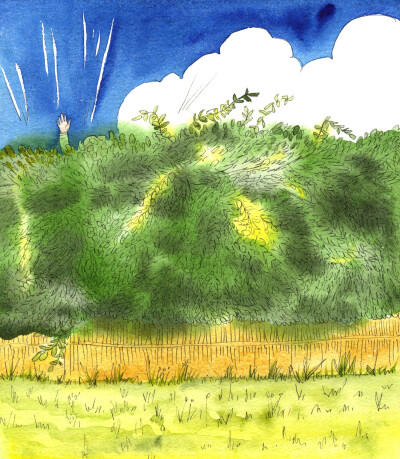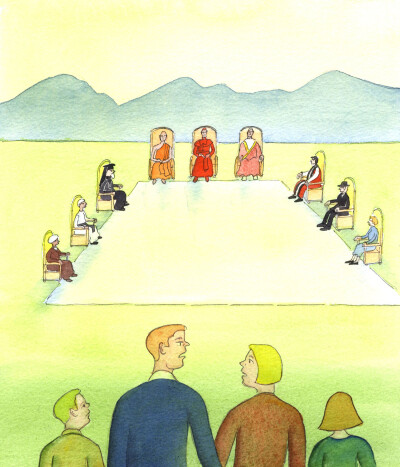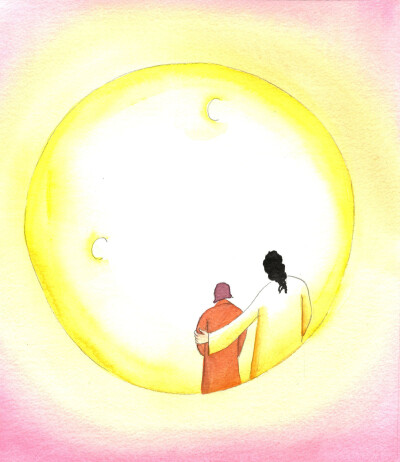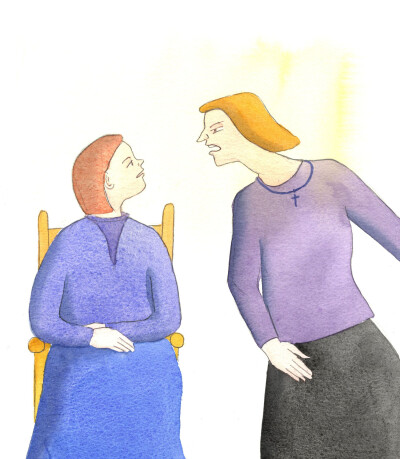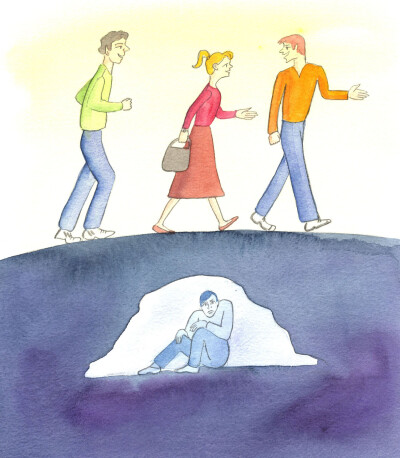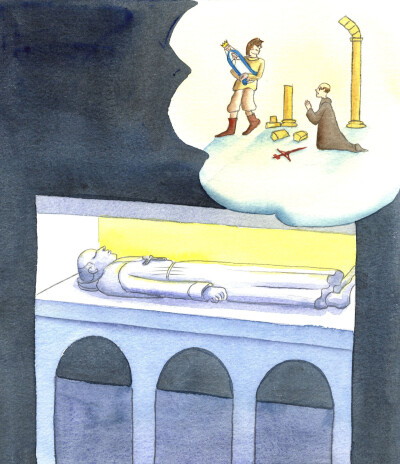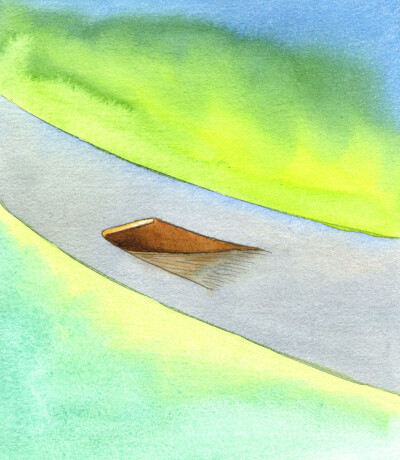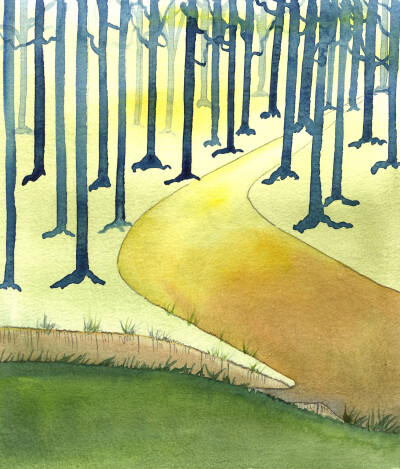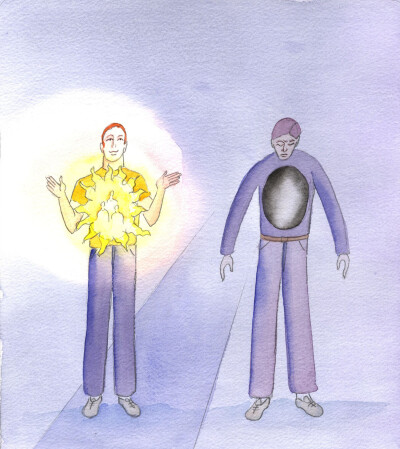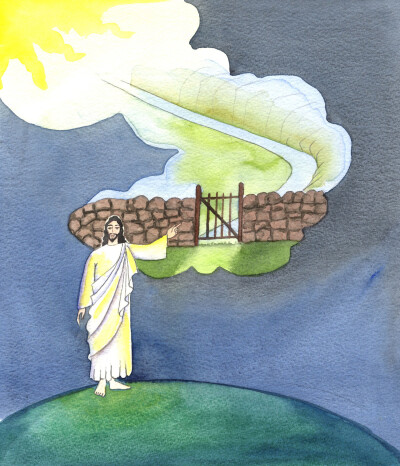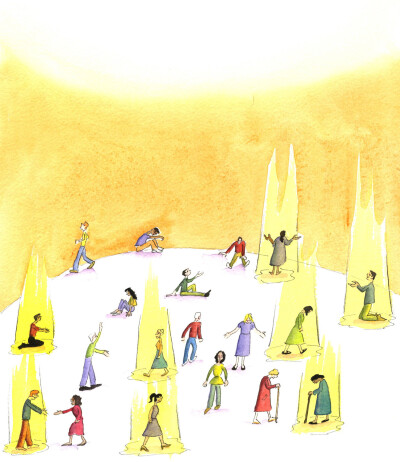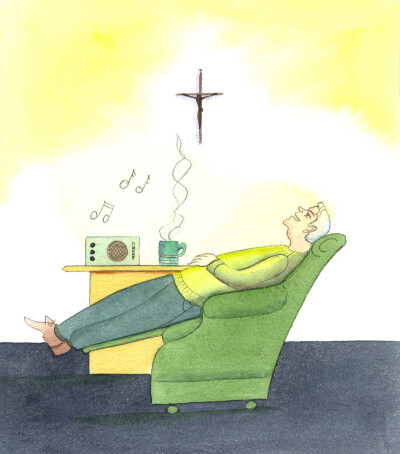Search Page
Showing 381 - 400 of 466
We, in the Church, have a duty to share the truth about God's love for us all, shown out in Jesus; but if we are afraid, we cannot expect people to take an interest in what we say. We must choose whether to remain 'hidden', as if behind a huge hedge, urging others in a general way: "I know the truth", or "Jesus is God-made-man" - or we can step out to meet people face to face and speak joyfully about having learned about the Way to Heaven.
It is an act of charity to reach out to other people in their bereavement, or on their birthdays or anniversaries, and to write a few words, as evidence of our concern for them, and our love, whether in their sadnesses or their joys.
It is a cause for joy that there are greater signs of goodwill amongst leaders of various religions than in earlier centuries; yet when our Bishops know that Christ is the only Saviour, and that no other religion, in itself, is salvific, (though individuals may be saved, in them, for special reasons), it is unwise to confuse the Faithful by programmes and meetings that give the impression that it doesn't matter what religion we practice and that each is but another route to Heaven.
God is a powerful God, Who loves us. The God Who is powerful enough to raise Jesus Christ from the grave, radiant and joyful, is powerful enough to answer the prayers we offer in Jesus' name for people to be converted and made hopeful. The Lord is pleased when we trust in Him, and pray for great gifts as well as help with small matters in daily life.
If we are tired or despondent, or feel over-burdened by Crosses, we need to reflect on the love that surrounds us, if we have remained faithful, living 'in' God, the Blessed Trinity. What joy we give to the heart of Christ, as He turns to the Father Who sent Him to us, and to the Holy Spirit Who is making us holy, and says with delight: "She loves us!" - or "He loves us!"
Satan cannot bear to see Christ's faithful people happy and hopeful. When he cannot cause faithful people to break God's laws he stirs up discontent, or bouts of jealousy or anger, resentment and injured pride, to destroy the peace which is Christ's gift to His friends.
Living as if trapped in an underground cave, a person who is full of self-pity has a spiritual ailment. That person deserves sympathy, and perhaps rest, and practical help; but self-pity is damaging in that the one so afflicted is usually not very thankful for what is genuinely good in life: including the gift of life; and it cuts off the preoccupied one from sharing the interests, joys and sorrows of other people.
The history of the Catholic Church is one of struggle, then joy. Christ asks us all to be hopeful, no matter how dire the problems we see in the Church in our era. Some people in past ages have gone to their deaths, not knowing how a terrible crisis would be overcome, for example, at the Reformation, in England, and more recently in the chaos following the Second Vatican Council. But there will soon be great improvements in the Sacred Liturgy, and then in Catechesis.
Marriage can bring tremendous joys, but there are dangers to avoid: sins to be avoided in order to lead holy married lives, to create a holy family, and to help one another, by God's grace, to be worthy of Heaven. The downward path which leads to darkness represents the way taken when people disobey God by contraceptive use, or deviant sex, or adultery, or other forms of grave betrayal or uncharity.
Just as a mathematician finds joys in his calculations, as he explores obscure aspects of his subject, so, some theologians like to make nuanced statements about obscure aspects of doctrine; yet theologians are unwise if they neglect basic principles of the Faith, or forget that, in essence, it is simple, consisting of truths about God's plan of salvation, and how we can be saved.
God is all holiness, purity, goodness and radiance. When we die, shall we be sufficiently like Him to be able to reach out to Him with joy, or to do so after some preparation? If our immediate reaction will be complete rejection of God there will be no place to go except down, away from Him into the Abyss.
Though we do not usually see them, the Saints and Angels are very close to us, urging us on, as we follow the path to Heaven in this dark world. They delight in our successes in the spiritual life. Their companionship is not enjoyed by people who take the wrong path which leads down low, as if into a ditch, as they try to hide their sins from God.
It is a marvel of grace, that the Blessed Trinity is present within the soul of a Baptised person. That person shares God's life, and power, and joy and peace. Yet God's presence is light as well as life. There is nothing worse than to extinguish that light, by deliberate mortal sin. If we die in such a state, we are doomed to an Eternity without God.
Whenever we make new efforts to be more attentive to Christ's wishes, and more vigilant about our sins and failings, we come to prayer in a new closeness to Christ; even if we neither see nor feel this, it's as if the 'wall' that seems to separate Heaven from earth has been torn open, and Christ gazes down with joy and gratitude, because He is loved.
The Angels look on with joy, to see their Lord, Jesus Christ, adored. This is true whether the venue of the Mass is a tent or a Cathedral, or whether Christ is being adored in the Mass, or in the tabernacle - or enthroned in the monstrance, for Adoration and Benediction.
The Gospel brings joy, to those who repent and change. There are Catholics who believe that niceness is enough, and that mortal sins are unimportant. Jesus spoke the truth about sin and salvation when He said: "It is a narrow gate, and a hard road, that lead to life; and few there are that find it." It is important that we shun all temptations, and all 'occasions of sin'.
If we had a huge barn, that was full to the top with our sins, but then we confessed them sincerely, in the Sacrament of Penance, and received absolution, we could be certain that our sins are entirely banished, and that barn empty. Then our souls would be beautiful, giving joy to Christ, and hope to ourselves.
What counts above all, in our lives, is love: love for God, and for our neighbour for God's sake. As God the Father looks down from Heaven, it's as if He sees a light shining wherever a person lives to do the Will of God, which means to believe in Him and His Son, Jesus Christ, and to follow His Way. Whatever such a person does is pleasing to God, if it is not sinful; so, although that person is called to do one task not another, he should not be anxious as he tries to discern precisely what to do next. He gives joy to God by living in a state of grace.
Christ looks on with joy, with His Saints, His heart grateful that some of His flock revere the Traditional Mass - now called the Extraordinary form of the Rite - and that some priests offer it, and some of the laity assist because of their love for Christ, first of all;but also because of their desire to support and encourage priests who revere ancient ways.
A wise person is aware of real intentions. We are not wrong to pray to God when we are comfortable, enjoying mood music and a hot drink. But the pleasant feelings developed are sense-pleasures, not indications of the presence of God. He is most reverently approached, for prayer, by those who kneel or stand, or otherwise indicate humility before Him, and who, during prayer, shun pleasure, in order to make room, so to speak, for whatever gifts and graces God might choose to give them.
Showing 381 - 400 of 466

